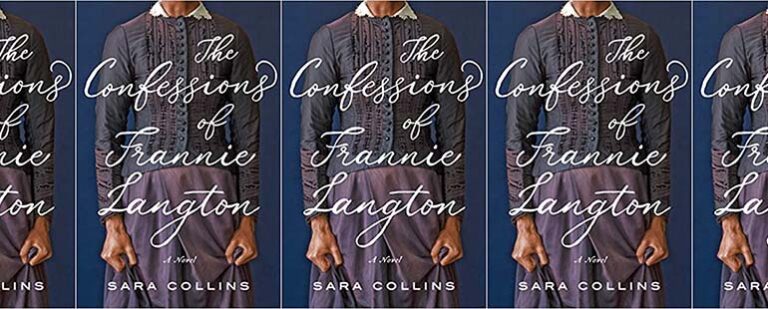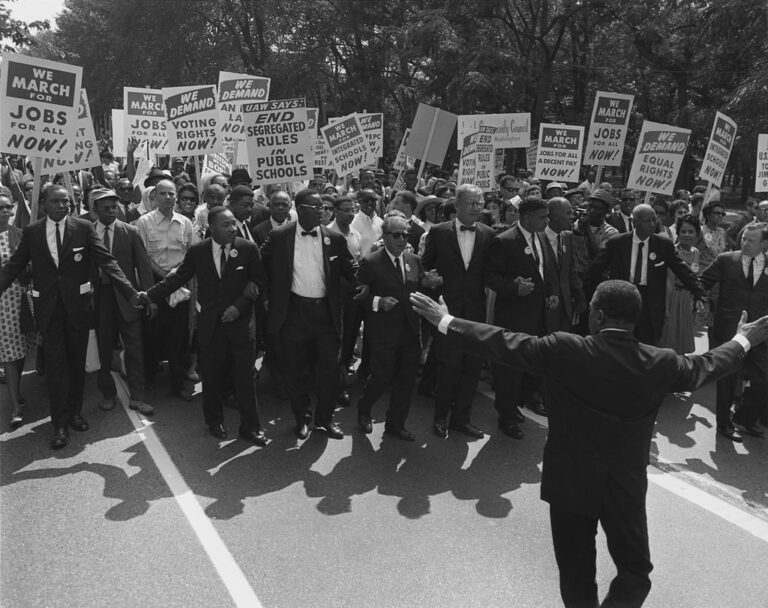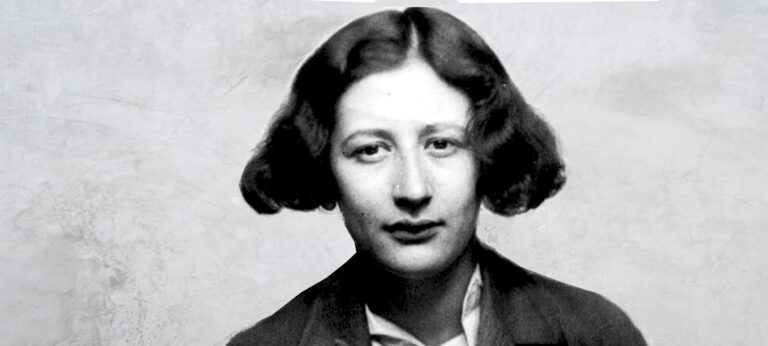Book vs Movie: World War Z (A Ploughshares Playlist)
First things first: Did you all know that Max Brooks, author of World War Z (basis for the newly released movie of the same title), is Mel Brooks’s son? Neither did I.
Moving on.
I’ll be honest. I’m not so into the recent vampire craze. I can’t get into shiny, marble-man vampires, or teen angst with fangs. (I do love Karen Russell’s short story, Vampires in the Lemon Grove, though.)
I am, however, like my fellow Ploughshares blogger A.J. Kandathil, unabashedly a sucker for a good zombie story. Really. As far as I’m concerned (sorry, purist friends) Jane Austen’s Pride and Prejudice is worlds better with Elizabeth Bennett kung-fu-ing the undead.
And then there are the movies and TV shows.
28 Days Later? Yes, please.
Shaun of the Dead? Zombieland? Yes and yes.
The Walking Dead? Love it.
(Side note: for what writers can learn from The Walking Dead, and a brief run-down of zombie history, see A.J.’s article linked above. It’s stellar.)
There are two things I love most about the current zombie craze:
1) Lately, zombie films and literature are crossing genres, e.g.:
Chick flick + zombies = Warm Bodies
Classic lit + zombies = Pride and Prejudice and Zombies
What next? I think the Underdog Sports Movie + zombies would have great potential.
Brian’s Song + zombies = Brains Song anyone?
2) Zombies work as a metaphor to discuss larger issues. In his 2011 New York Times article on zombies in literature, Terrence Rafferty talks about zombies as representative of “a general anxiety, particularly in the West, about the planet’s dwindling resources: a sense that there are too many people out there, with too many urgent needs, and that eventually these encroaching masses, dimly understood but somehow ominous in their collective appetites, will simply consume us.”
To put it simply: “The zombies are anything that comes into your life, without prejudice, and destroys it. The zombies are: Life’s not fair.”
Exactly.
It’s this last point that rings most true in Max Brooks’s 2006 novel, World War Z. Yes, the book is about a zombie virus sweeping the globe, but on a larger scale it speaks to the ways in which we, as a world society, would react to any large-scale pandemic of unknown origins. The human response: that’s what made me want to create a playlist for this book.
The story, told through a series of interviews, pays homage to Studs Terkel’s The Good War: An Oral History of World War II. And boy did Brooks do his research. While reading the book, I couldn’t help but wonder at the Googling the man must’ve done. The details—weapons, technology, military tactics—are incredibly specific. In a 2006 online discussion Brooks told an inquiring fan that “everything else in the book [other than zombies] is either taken from reality or 100% real. The technology, politics, economics, culture, military tactics… it was a LOT of homework.”
The book’s interview structure is both what makes it interesting—setting it apart from other stories in the zombie cannon by focusing on the politics and worldwide response—and what makes it hard to get into at first. There’s no main character to get behind. Instead, we get a bunch of different characters for a handful of pages at a time, and we don’t often come back to them.
So when I first saw the preview for the World War Z movie I had one thought:
Who the heck could Brad Pitt possibly play when there’s no main character?
I admit I walked into the movie theater thinking it was going to be terrible.
Brad Pitt + Zombies = Skepticism
Turns out the movie, which came out this past Friday (6/21), is nothing like the book, and unlike my fellow blogger Emily Coon, I loved it for that. Had director Marc Forster tried to replicate the interview structure of the book in a sort of mockumentary and failed, I would have been one disappointed movie-goer. While Brooks’s book gives us an overview of the Zombie War, the movie has a clearer narrative arc, focusing on a single American man going forth to find the source of the disease in order to save the world and protect his family. So really, rather than working against each other, the book and the movie compliment each other. The film zeroes in on one person’s experience within the vast context the book provides.
I know the movie already has a soundtrack, but because the book is so different from the film, I wanted to give the novel its due, too. And since the novel explores the broader scope of the human experience, I wanted the songs to express the complexities of things shared worldwide: hardship (“Hurt” by Johnny Cash), loss (“A Rose for Emily” by The Zombies), resignation (“The Preacher” by Jamie N. Commons), perseverance (“Beat Goes On” by Sonny and Cher), hope (“Ho Hey” by The Lumineers).
The book’s token zombie-fighting song is Iron Maiden’s “The Trooper,” and I think a line from that song sums up the heart of Max Brooks’s novel the best. So let me leave you with this:
“You’d better stand. There’s no turning back.”
Listen to the World War Z playlist here.
Into zombies? Maybe you like werewolves, too. Be sure to check the Ploughshares blog in a couple weeks for a playlist to howl along to with Benjamin Percy’s newest novel, Red Moon! In the meantime, give Percy’s own playlist a listen.
Italo Calvino’s Invisible Cities
Karen Russell’s Vampires in the Lemon Grove
Patricia Smith’s Blood Dazzler


